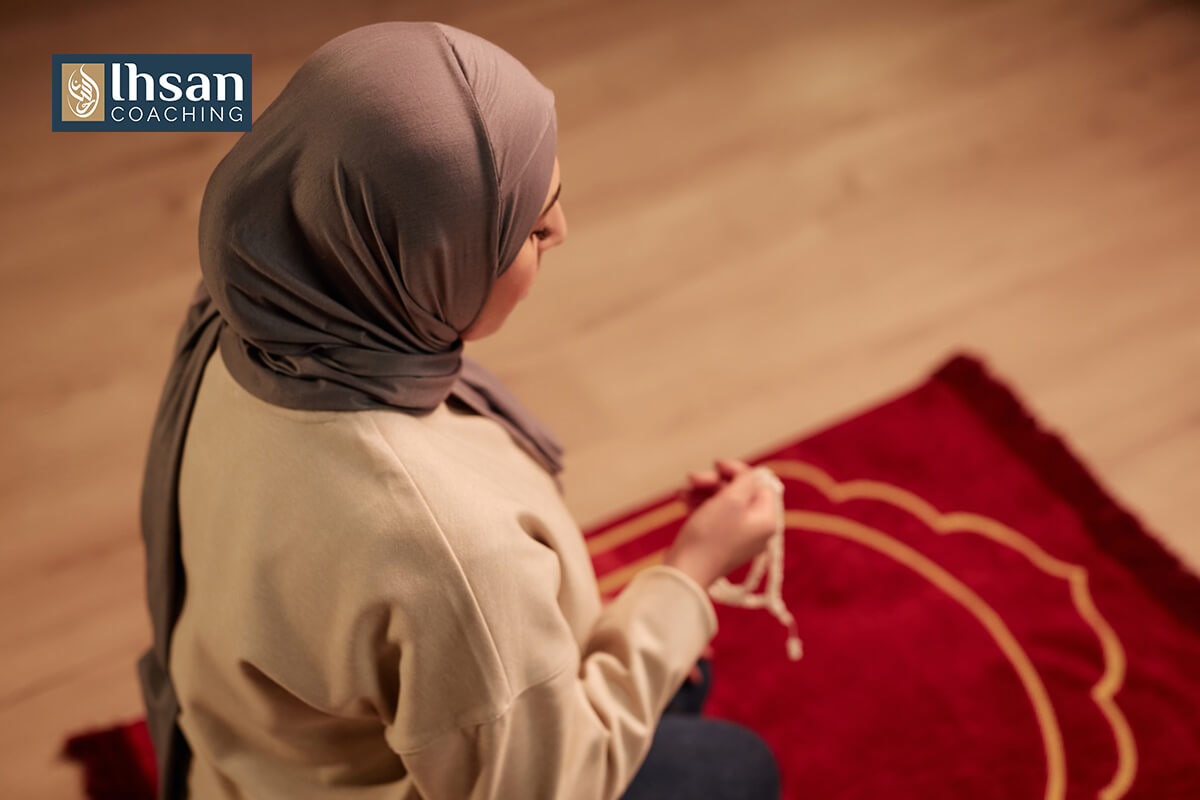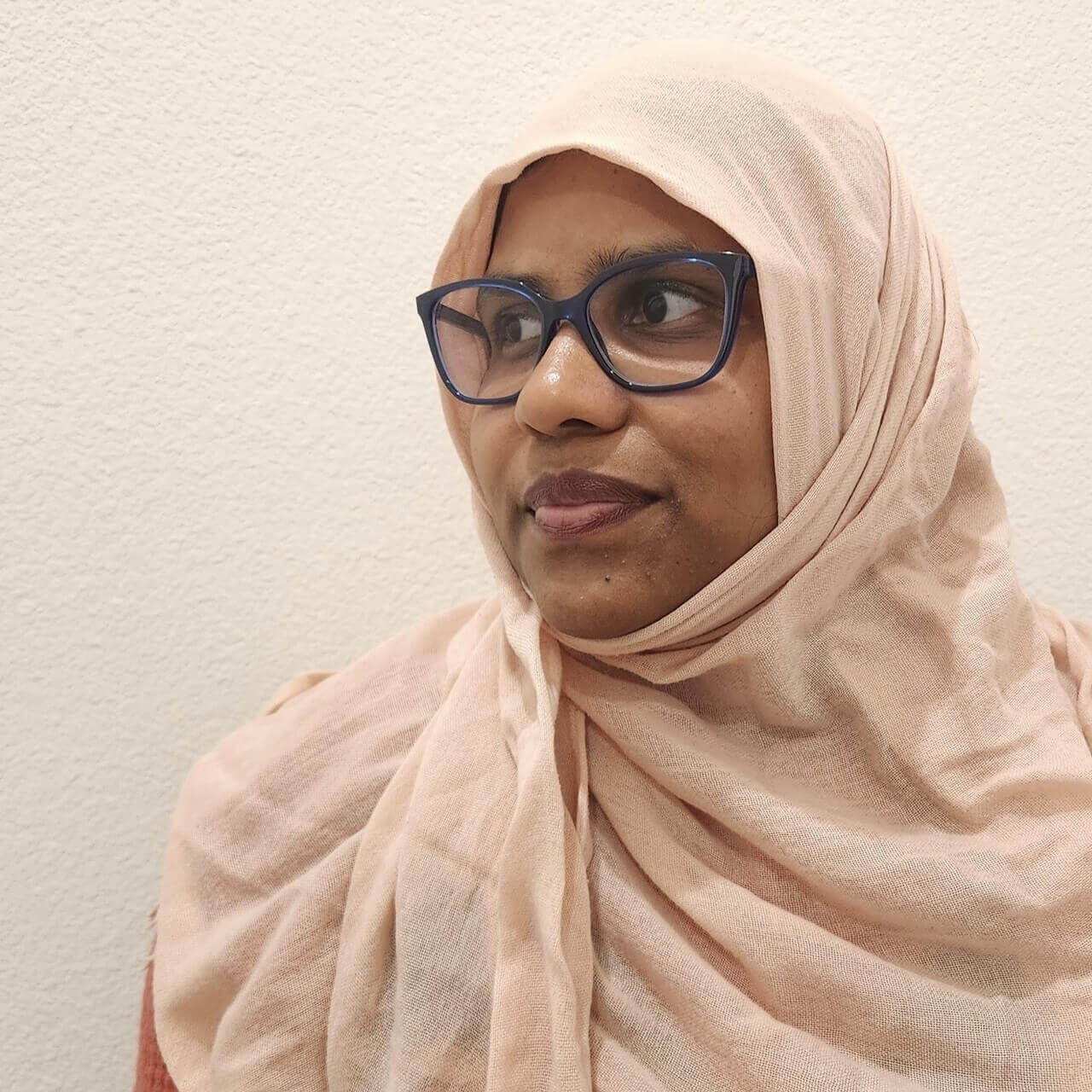Never before have people been as exposed to family breakdowns and their negative outcomes as they have been today. Despite the efforts of lawmakers and psychologists to stabilize and strengthen the institution of marriage, divorce rates continue to rise alarmingly each year. This troubling trend jeopardizes the sanctity of the family unit and places immense stress on individuals, especially women, who often face significant challenges after divorce.
Understanding the rights of women after divorce in Islam is crucial for ensuring their protection and well-being in such trying times. The teachings of Islam provide comprehensive guidelines to ensure justice and fairness, emphasizing the importance of safeguarding these rights.
The Rise in Divorce Rates in Modern Times
Unfortunately, in recent years, divorce rates have surged across the world, including in Muslim communities. The reasons for this increase are multifaceted, ranging from changing societal norms to financial pressures and evolving gender roles. While divorce can sometimes be a necessary solution to irreparable marital discord, it also brings to light the importance of ensuring the well-being and rights of women post-divorce.
Is Divorce Good or Bad?
The question of whether divorce is good or bad is complex. Islam acknowledges that while divorce is not encouraged, it is permissible under certain circumstances. The Prophet Muhammad (peace be upon him) is reported to have said that among lawful things, divorce is most disliked by Allah. However, this does not mean that divorce is inherently bad. Instead, it underscores the need for it to be a last resort, used only when reconciliation is impossible.
Allah’s Dislike for Divorce and Its Permissible Conditions
Allah’s dislike for divorce is rooted in the disruption it causes to families and society. Yet, Islam provides a balanced approach, allowing separation in cases where the marriage cannot continue healthily. The conditions under which divorce is permitted include situations of irreconcilable differences, abuse, and neglect. This balanced view ensures that while divorce is discouraged, it remains a viable option to protect individuals from harm and injustice.
1. Financial Support and Maintenance (Nafaqah)
One of a woman’s primary rights after divorce is financial support, known as Nafaqah. This includes the provision of alimony during the ‘iddah’ (waiting period) and any financial settlements agreed upon at the time of divorce. The husband’s responsibility to provide for his ex-wife during this period is well-documented in Islamic teachings.
وَعَلَى ٱلْمَوْلُودِ لَهُۥ رِزْقُهُنَّ وَكِسْوَتُهُنَّ بِٱلْمَعْرُوفِۚ لَا تُكَلَّفُ نَفْسٌ إِلَّا وُسْعَهَا ۚ لَا تُضَآرَّ وَٰلِدَةٌۭ بِوَلَدِهَا وَلَا مَوْلُودٌۭ لَّهُۥ بِوَلَدِهِۦ ۚ وَعَلَى ٱلْوَارِثِ مِثْلُ ذَٰلِكَۗ
“The father of the child is responsible for the provision and clothing of the mother in a fair manner. No soul shall be burdened beyond its capacity. No mother shall be harmed on account of her child, and no father shall be harmed on account of his child. And the same is incumbent on the father’s heir.”
(Qur’an 2:233)
2. The Right to Mahr (Dower)
The mahr, or dower, is a mandatory gift from the husband to the wife at the time of marriage. In the event of divorce, if the mahr has not been fully paid, it remains a debt upon the husband. This ensures that the woman has a financial safety net to fall back on after the dissolution of the marriage.
وَءَاتُوا۟ ٱلنِّسَآءَ صَدُقَٰتِهِنَّ نِحْلَةًۭۚ فَإِن طِبْنَ لَكُمْ عَن شَىْءٍۢ مِّنْهُ نَفْسًۭا فَكُلُوهُ هَنِيٓـًۭٔا مَّرِيٓـًۭٔا
“And give the women [upon marriage] their [bridal] gifts graciously. But if they give up willingly to you anything of it, then take it in satisfaction and ease.” (Qur’an 4:4)
3. Custody and Care of Children
Islam places significant emphasis on the welfare of children post-divorce. The primary consideration is always the best interest of the child. Generally, custody of young children is granted to the mother, provided she meets certain conditions. The father is required to provide financial support for the children, ensuring their needs are met.
لَا تُضَآرَّ وَٰلِدَةٌۭ بِوَلَدِهَا وَلَا مَوْلُودٌۭ لَّهُۥ بِوَلَدِهِۦ
“No mother shall be harmed on account of her child, and no father on account of his child.” (Qur’an 2:233)
4. The Right to Property and Assets
In some cases, women may be entitled to a share of the marital property, or assets acquired during the marriage. This depends on various factors, including local laws and the specifics of the marriage contract. However, Islam encourages fair and just treatment in the division of assets to ensure that women are not left destitute.
5. Emotional and Psychological Support
Beyond financial and material rights, Islam also recognizes the emotional and psychological well-being of women after divorce. Community support, counseling, and the role of marriage coaches are vital in helping women navigate the emotional aftermath of divorce. Marriage coaches can provide guidance, support, and practical advice to help women rebuild their lives.
6. Respect and Dignity
A divorced woman is entitled to respect and dignity. Islam forbids any form of defamation, slander, or mistreatment of a divorced woman. This ensures her social standing and reputation are not harmed by the dissolution of the marriage.

The Role of Marital Coaches
Marital coaches play a critical role in supporting both men and women through the divorce process. They offer valuable insights into maintaining healthy relationships, resolving conflicts, and ensuring that both parties are aware of their rights and responsibilities. In cases where divorce is inevitable, marriage coaches can assist in creating a fair and amicable resolution, prioritizing the well-being of all involved, especially children.
Conclusion:
Divorce in Islam, while permissible, is a delicate matter that requires careful consideration and adherence to Islamic principles. The rights of women after divorce are clearly outlined in Islamic teachings, ensuring their protection and well-being. In a time when divorce rates are rising, understanding and safeguarding these rights is more important than ever. Marriage coaches can offer crucial support, helping individuals navigate the complexities of divorce with compassion and fairness. By recognizing the balance Islam provides between discouraging divorce and permitting it under certain conditions, we can better appreciate the comprehensive approach Islam takes to ensure justice and mercy for all parties involved. Ensuring the rights of women after divorce is not only a religious duty but also a moral and societal imperative.
FAQs
What are the financial rights of a woman after divorce in Islam?
A woman is entitled to Nafaqah (maintenance) during her ‘iddah (waiting period) and any unpaid mahr (dower). She may also be entitled to a share of marital property or assets, depending on the circumstances
Who gets custody of children after a divorce in Islam?
Custody is generally granted to the mother of young children, provided she meets certain conditions. The father is responsible for providing financial support for the children. However, after a certain age, the primary custody according to Islam will go to the father.
What is the role of a marital coach during a divorce?
Marital coaches help individuals understand their rights and responsibilities, offer emotional support, and provide practical advices to ensure a fair and amicable resolution during a divorce.
How does Islam view divorce?
Islam views divorce as a last resort, permissible under certain conditions. It is discouraged but allowed to protect individuals from harm and injustice.
Can a woman initiate a divorce in Islam?
Yes, a woman can initiate a divorce, known as Khula, in which she returns the mahr to her husband. This process involves seeking the husband’s consent and fulfilling certain conditions.
What is ‘iddah in the context of divorce?
‘Iddah is a waiting period a woman must observe after a divorce before she can remarry. It serves several purposes, including ensuring she is not pregnant from the previous marriage and allowing for reconciliation if possible.





